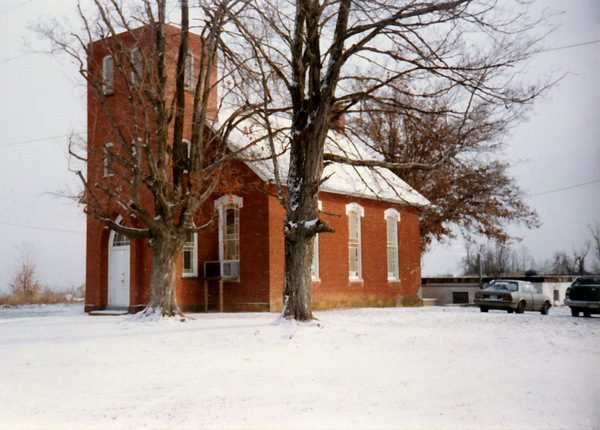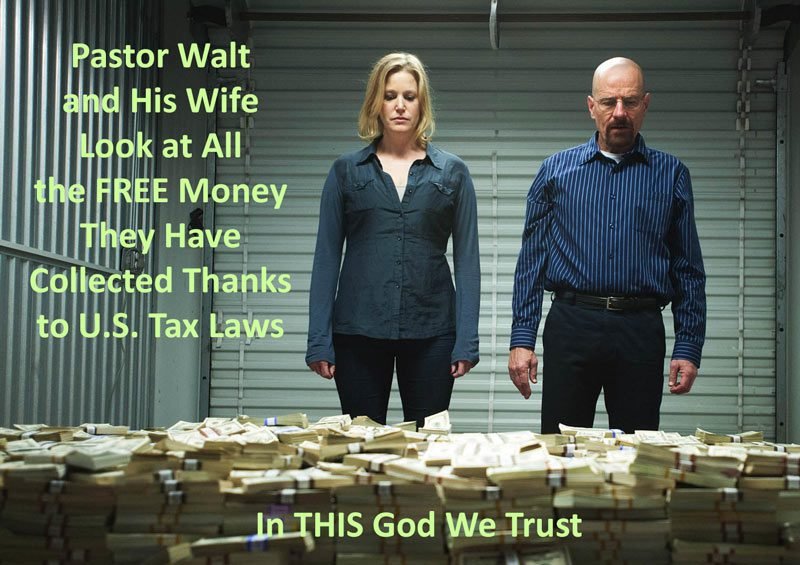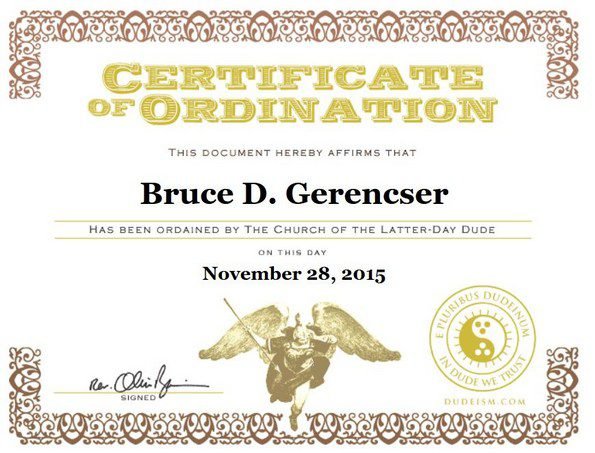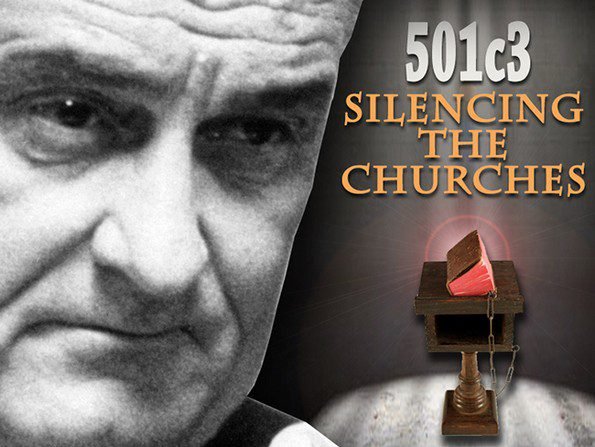
Let me tell you a story . . .
“Bob” pastors Frozen Chosen Baptist Tabernacle in Newark, Ohio. The church runs a hundred or so in attendance. Bob pastors Frozen Chosen full-time. Bob is a winsome man who has a bad habit: he likes to tell anyone who will listen that he is “poor.” To prove his point, Bob tells people that he “only” makes $12,000 a year. Having made such a wage on several occasions in my life, I can say that this is indeed a poverty-level salary. Unfortunately, Bob lies about how much he makes. Yes, he “only” paid a $12,000 salary. However, the church also provides Bob a parsonage rent-free, with all utilities paid. The church also pays all the maintenance costs for the parsonage. [Cue Ron Popeil] But wait, there’s more! The church also provides Bob with a car to drive, gives him a gas allowance, pays his medical insurance, life insurance, and auto insurance premiums, pays his cellphone bill, and provides him a book allowance. As you can see, the good pastor actually makes $46,000 a year. And when Bob files his income tax return, his taxable income is only $12,000, not the $46,000 he actually made. All of this is 100% legal.
Pastors are dual-status employees. They are considered employees for income tax purposes and self-employed for social security purposes. Typically, pastors receive a 1099 from their churches, not a W-2. Churches are not required to withhold taxes, so many pastors are required to make quarterly income tax payments.
Pastors can have their churches designate part of their salary as housing allowance. A housing allowance can include rent, mortgage, fair market value of the parsonage, utilities, insurance, and maintenance costs, to name a few. The housing allowance is not subject to income tax. It is, however, subject to Medicare and Social Security tax, though I will explain in a moment how pastors can avoid paying these taxes too.
Churches can provide all sorts of allowances to their pastors that are also tax exempt. A church can buy a new car for its pastor, provide him a gas allowance, and pay all the insurance, repair, and maintenance costs. As long as the car is used *wink, wink* only for church business, the pastor pays no income tax for its use. I drove church-provided cars for years. We also owned a second car. The church-provided car was used only for church business, but truth be told, it was used for personal business too. Of course, our second car was often used for church business, so the “use” balanced out.
Pastors are required to pay Medicare and Social Security taxes. Typically, pastors pay the self-employed rate. However, pastors can file for an exemption from these taxes if their churches are *wink, wink* morally opposed to government social insurance. Countless pastors file for exemption so they can pay into a private retirement account instead or boost their weekly pay. As a Baptist pastor, I filed for exemption at age twenty-three. For the next twenty years, I paid no Medicare or Social Security taxes on my ministerial income. I planned to use the money to fund a private retirement account. Of course, life got in the way and that never happened. In the early 2000s, I realized that I had made a horrible mistake. Getting older and having health problems will do that to you. I renounced my exemption and started paying Medicare and Social Security taxes again. Sadly, five years later, I was no longer able to work. Not paying into Social Security for so many years made me ineligible for disability. I retired three years ago and receive $800 a month. This payment is primarily based on my income and work quarters from secular work and self-employment income. If it had not been for me working outside of the church, I would have zero retirement income. Oh, the stupid decisions we make when we are young and healthy.
Some pastors and evangelists incorporate their ministries as non-profit businesses. Pastors who do this are employees of their corporations, not their churches. This provides pastors with additional tax benefits and can, in some circumstances, insulate pastors from legal liability.
Remember, the goal is to avoid paying taxes. Evangelicals, in particular, love putting the screws to the “evil” government. Through legal use of the tax code and having eight deductions, I didn’t pay income taxes on my ministerial income for almost two decades. Since I was also exempt from Medicare and Social Security taxes, most years I paid zero taxes. For many years, thanks to the Earned Income Credit (EIC), I actually got a substantial refund check. There were years when my housing allowance made up most of my ministerial income. Eligible pastors get larger EIC credits than non-clergy due to the fact that their housing allowance wasn’t counted as income. Fortunately, the IRS fixed this issue, and pastors are now required to claim their housing allowance as income for EIC purposes.
In closing, let me state that I am not a tax lawyer or an accountant. That said, I have dealt with several accountants over the years who knew very little about the issues mentioned in this post. I got into a heated argument with one accountant over the church I was pastoring at the time giving me a W-2 instead of a 1099. I tried to educate him on this issue, but he doubled down, playing the “authority” card. He later determined I was right and issued me a 1099. Of course, I knew I was right. I had actually taken classes on church and clergy taxation and benefits.
I am not in any way suggesting pastors are being dishonest — though some pastors most certainly are. Like all of us, pastors take what tax deductions and allowances the law allows. If you could take a deduction or allowance that reduced your income tax by 50-90%, you would do it. Few of us like paying taxes. The answer, of course, is to change the tax code. Personally, I would like to see the clergy housing allowance done away with. Pastors should pay the same taxes everyone else does. By allowing pastors to drastically reduce their taxable income through the housing allowance, all taxpayers are, in effect, subsiding churches. The same goes for permitting pastors to opt out of paying Medicare and Social Security taxes.
American taxpayers subsidize churches to the tune of billions of dollars a year by allowing churches and pastors a plethora of tax exemptions. I plan to write a post on this subject in the near future. Stay tuned.
Bruce Gerencser, 68, lives in rural Northwest Ohio with his wife of 47 years. He and his wife have six grown children and sixteen grandchildren. Bruce pastored Evangelical churches for twenty-five years in Ohio, Texas, and Michigan. Bruce left the ministry in 2005, and in 2008 he left Christianity. Bruce is now a humanist and an atheist.
Your comments are welcome and appreciated. All first-time comments are moderated. Please read the commenting rules before commenting.
You can email Bruce via the Contact Form.







